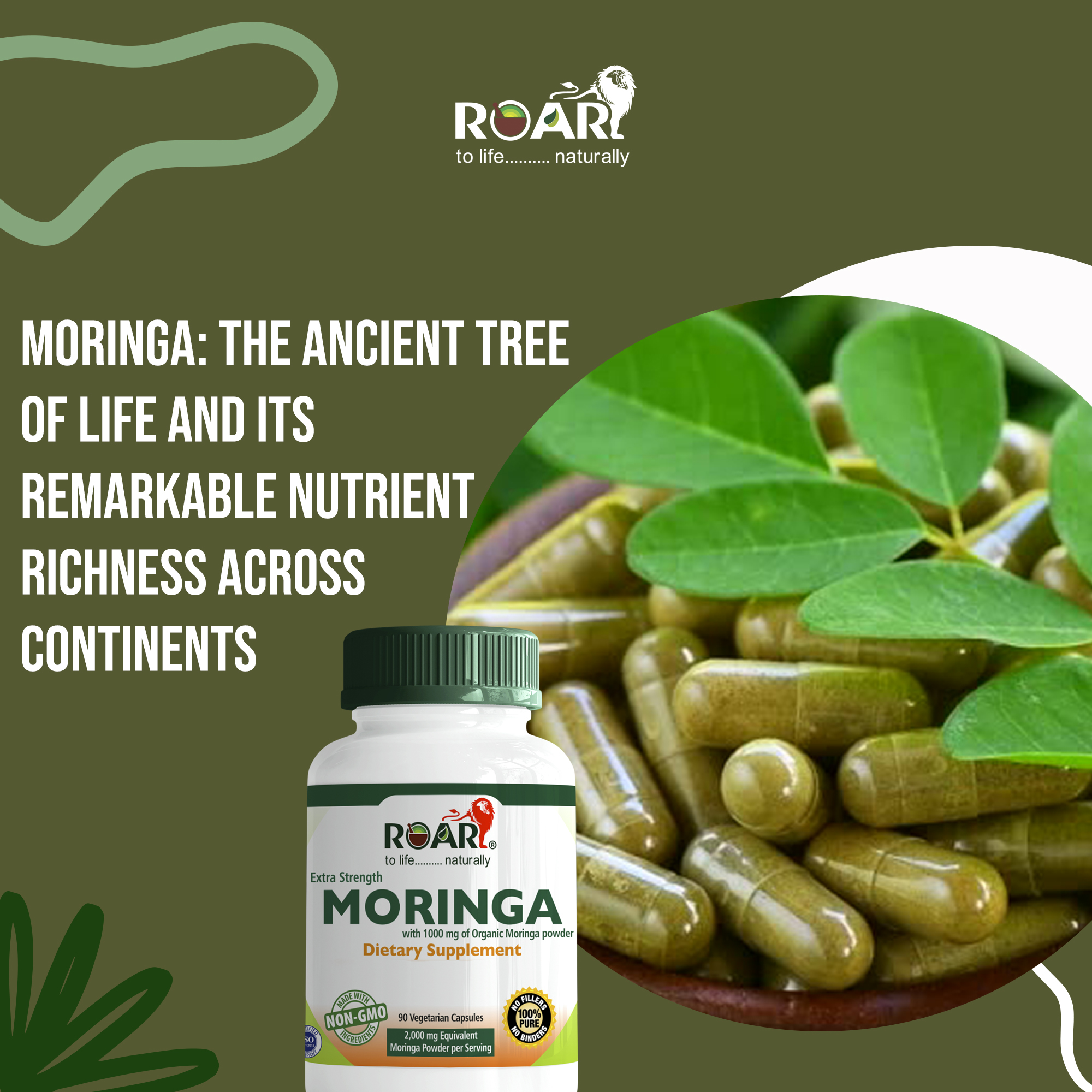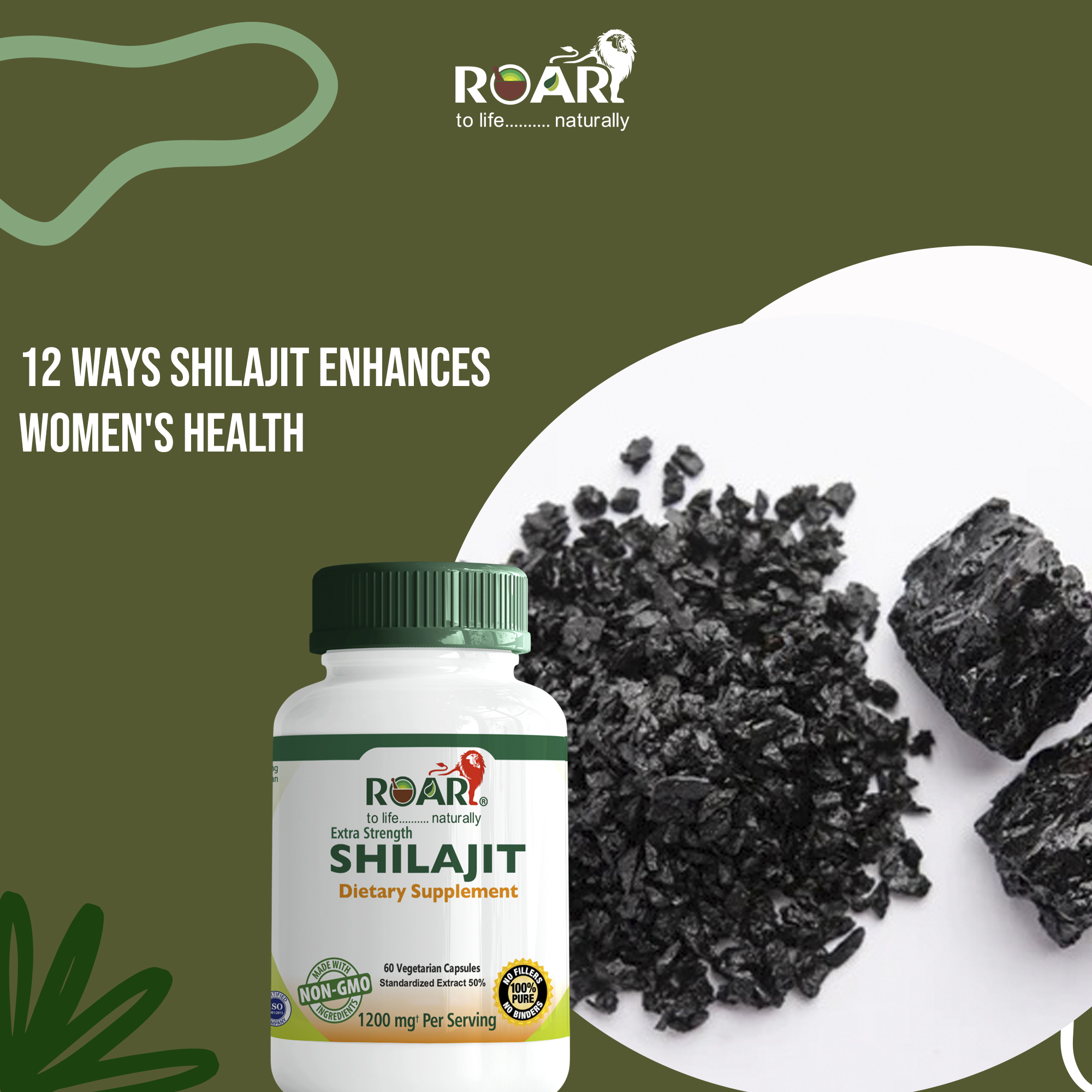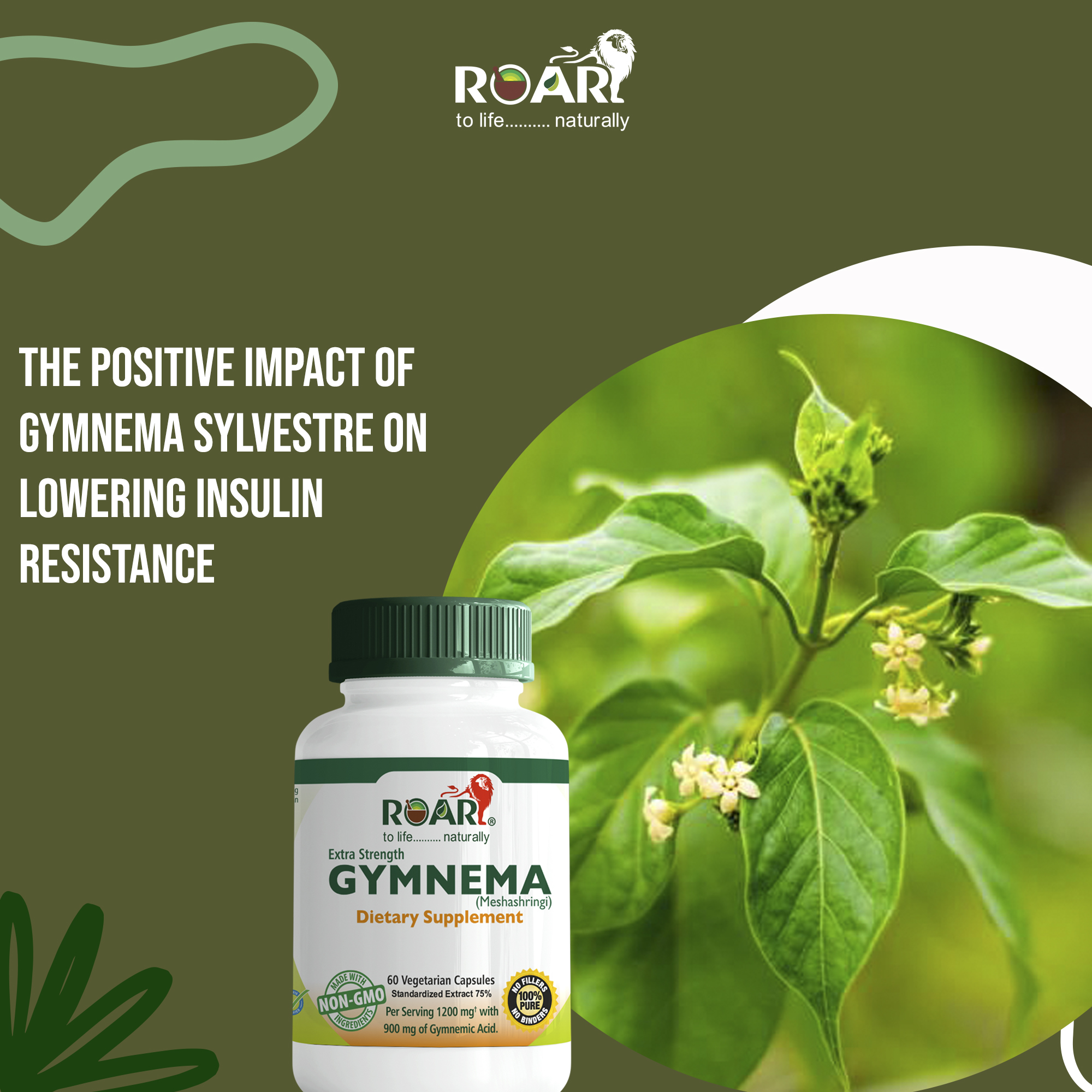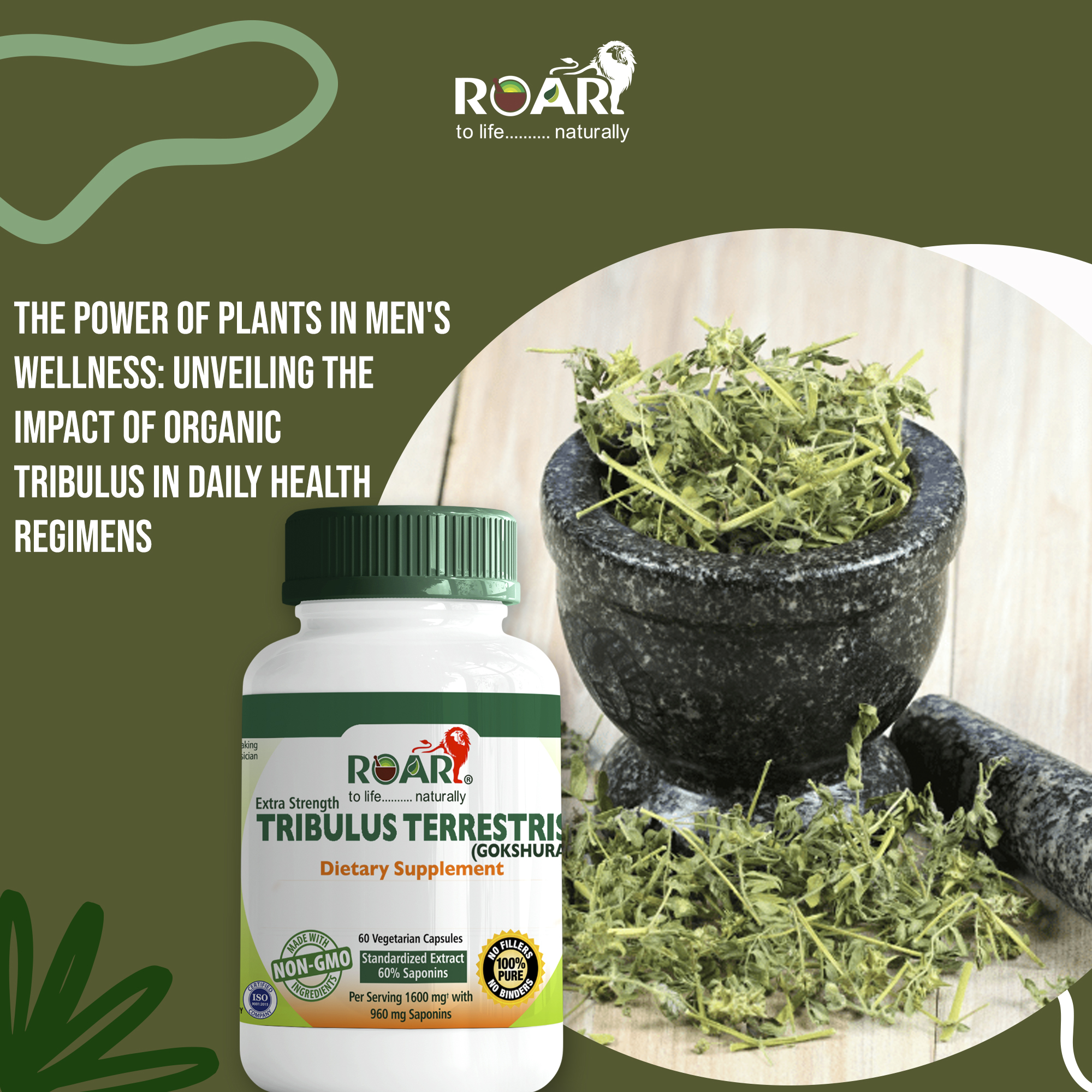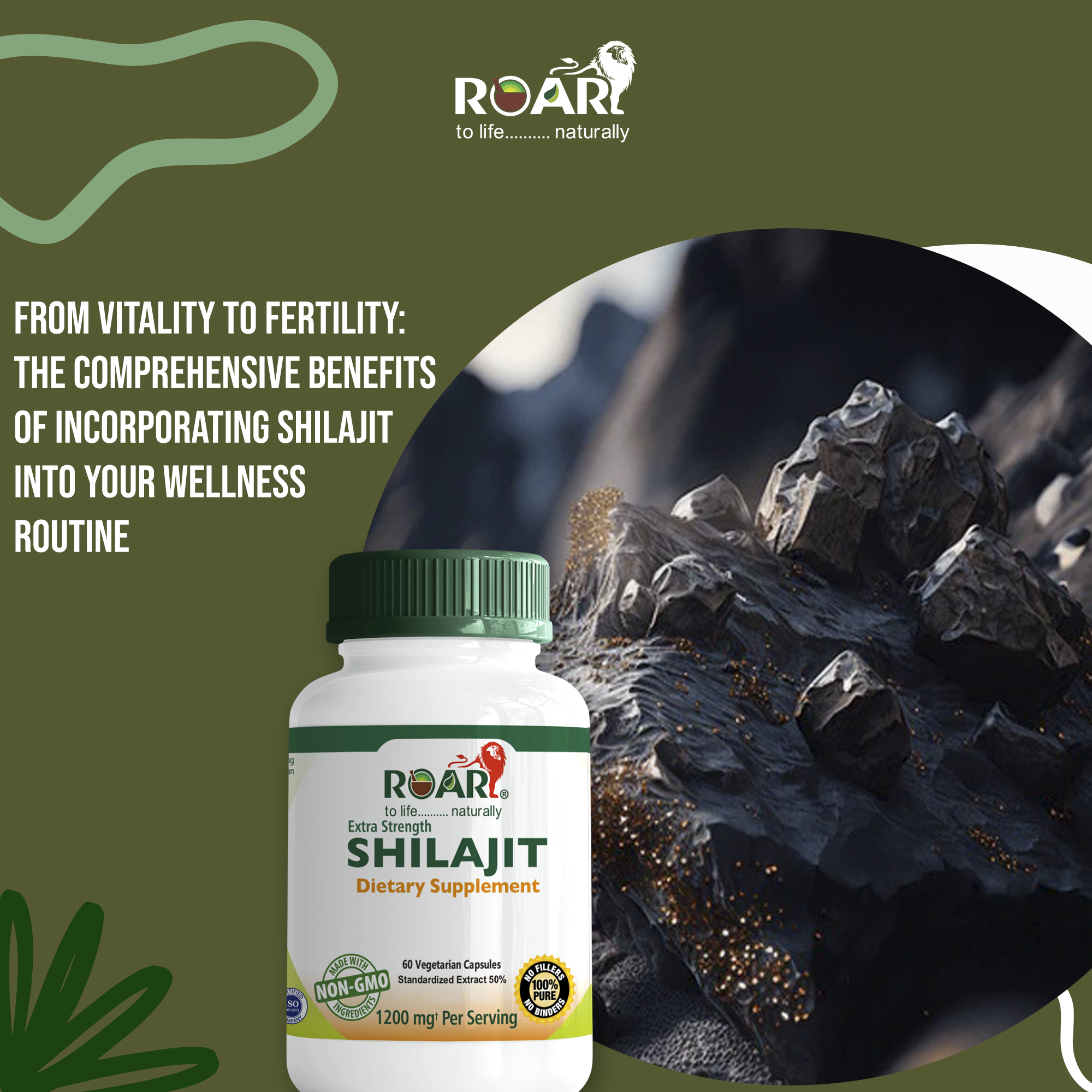No products in the cart.
Balancing Wellness Naturally: A Holistic Approach to Optimal Health
Holistic wellness is an all-encompassing approach to health that recognizes the intricate interplay between the mind, body, and spirit. It goes beyond merely addressing physical ailments to embrace a philosophy that views an individual as a complete and interconnected being. In this holistic paradigm, optimal health is achieved not through isolated treatments but by nurturing the synergy among mental, physical, and spiritual aspects.
Emphasizing the interconnectedness of mind, body, and spirit in holistic well-being means acknowledging that each facet influences the others. Mental health affects physical health, and spiritual well-being can impact emotional balance. This interconnected approach seeks to create harmony, recognizing that true wellness arises from a balanced and synchronized integration of all aspects of an individual’s life. By adopting a holistic approach to wellness, individuals can embark on a transformative journey that promotes comprehensive health and fosters a sense of equilibrium in the intricacies of their existence.
Nutrition for Vitality



Balancing wellness naturally begins with a focus on a balanced and nutritious diet, recognizing that food serves as a foundation for overall health. Natural foods and superfoods play a pivotal role in providing essential nutrients that support various bodily functions. From nutrient-rich vegetables to antioxidant-packed berries, incorporating a diverse range of whole foods contributes to holistic well-being.
Mindful eating is a key component of this holistic approach, emphasizing the importance of being present and attentive during meals. By savoring each bite and paying attention to hunger and fullness cues, individuals foster a deeper connection with their food. This mindful approach not only enhances digestion but also optimizes the absorption of nutrients, ensuring that the body receives the full spectrum of benefits from the foods consumed. Through a commitment to balanced nutrition and mindful eating, individuals can nurture their bodies and promote a sense of overall well-being.
Mind-Body Connection
In the realm of holistic wellness, mental health plays a pivotal role in achieving overall balance. Mindfulness practices and meditation stand out as powerful tools to cultivate mental well-being. By incorporating these practices into daily routines, individuals can alleviate stress, enhance focus, and foster a positive mindset.
The concept of psychosomatic health underscores the intricate connection between emotions and physical health. Emotions, whether positive or negative, have a profound impact on the body. Stress, for instance, can manifest physically, affecting everything from the immune system to cardiovascular health. Recognizing and addressing emotional well-being is integral to achieving holistic balance. Through practices that promote mental clarity and emotional resilience, individuals can navigate the complexities of modern life while nurturing their overall wellness naturally.
Physical Activity for Longevity



Regular exercise is a cornerstone of the holistic approach to wellness, contributing significantly to optimal health. Engaging in various forms of physical activity, from cardio exercises to strength training, allows individuals to tailor their routines to suit different lifestyles. This adaptability ensures that everyone can find a mode of exercise that aligns with their preferences and schedules.
The link between exercise and mental well-being is undeniable. Physical activity releases endorphins, the body’s natural mood lifters, promoting a sense of well-being. Moreover, regular exercise has been associated with reduced stress, anxiety, and improved sleep patterns. Incorporating a holistic approach to wellness involves recognizing the symbiotic relationship between physical and mental health, with exercise standing as a key pillar in maintaining overall well-being naturally.
Natural Remedies and Alternative Therapies
| AILMENT | NATURAL REMEDY | ALTERNATIVE THERAPIES | BENEFITS OF HOLISTIC APPROACH |
| Headaches | Hydration, Peppermint Oil | Acupuncture, Herbal Teas, Aromatherapy | Addresses root causes, reduces reliance on medications |
| Digestive Issues | Ginger, Probiotics | Herbal Medicine, Ayurveda | Promotes gut health, balances digestive system |
| Sleep Disorders | Chamomile Tea, Lavender Oil | Acupressure, Meditation | Improves sleep quality, fosters relaxation |
| Stress and Anxiety | Ashwagandha, Valerian Root | Mindfulness Practices, Yoga | Holistic management, emotional well-being |
| Respiratory Issues | Eucalyptus Oil, Honey and Lemon | Breathing Exercises, Traditional Chinese Medicine | Supports respiratory health |
This tabular overview provides a snapshot of natural remedies and alternative therapies for common ailments. It emphasizes the benefits of a holistic approach, which addresses the root causes of health issues, promotes overall well-being, and reduces reliance on medications.
Balancing Work-Life
Achieving a healthy work-life balance is a vital component of a holistic approach to wellness. Chronic stress, often a result of an imbalanced lifestyle, can significantly impact overall well-being. It is crucial to implement effective stress management strategies, including mindfulness, regular physical activity, and taking breaks to rejuvenate the mind. Emphasizing the importance of quality sleep is integral to a holistic wellness approach. Adequate and restful sleep plays a pivotal role in mental and physical health, influencing mood, cognitive function, and immune response. By addressing these aspects collectively, individuals can cultivate a holistic approach to wellness that nurtures both the body and the mind.
Environmental Wellness
Creating a healthy environment is paramount for a holistic approach to wellness. Sustainable living practices contribute not only to personal well-being but also to the health of the planet. Adopting eco-friendly habits, such as reducing waste and choosing environmentally conscious products, fosters a harmonious balance between personal and planetary health. Additionally, spending time in nature is a powerful contributor to overall wellness. Connecting with the outdoors has been linked to reduced stress, improved mood, and enhanced cognitive function. By embracing sustainable living and immersing oneself in nature, individuals can cultivate a healthy environment that positively impacts both their well-being and the health of the broader ecosystem.
Cultivating Healthy Relationships
Social connections play a pivotal role in the holistic approach to wellness. Cultivating healthy relationships and effective communication are vital components of overall well-being. Meaningful connections provide emotional support, fostering a sense of belonging and reducing feelings of isolation. Positive social interactions contribute to mental and emotional health, creating a support system that promotes resilience and coping mechanisms. In the journey towards holistic wellness, acknowledging and nurturing the importance of social connections becomes a cornerstone. By prioritizing healthy relationships and fostering open communication, individuals can build a robust foundation for emotional well-being and, consequently, a more comprehensive approach to overall health.
Holistic Wellness in Daily Life
- Start the day with mindfulness: Incorporate a few minutes of meditation or deep breathing exercises to set a positive tone.
- Mindful eating: Pay attention to what and how you eat, savoring each bite and choosing nutritious, whole foods.
- Stay physically active: Find activities you enjoy, whether it’s walking, yoga, or dancing, and make them a regular part of your routine.
- Prioritize sleep: Establish a consistent sleep schedule and create a relaxing bedtime routine for better quality rest.
- Foster social connections: Cultivate meaningful relationships and maintain open communication for emotional support.
- Embrace nature: Spend time outdoors, whether it’s a walk in the park or enjoying greenery at home, to enhance mental well-being.
- Stay hydrated: Drink an adequate amount of water throughout the day to support overall health.
- Practice gratitude: Take a moment each day to reflect on the positive aspects of your life, fostering a positive mindset.
- Create a healthy work-life balance: Set boundaries, prioritize self-care, and allocate time for leisure activities.
- Explore holistic therapies: Consider alternative approaches like acupuncture or aromatherapy to complement conventional healthcare.
Remember, these small changes can collectively contribute to a holistic approach to wellness, promoting overall health and well-being.
Conclusion: Embracing a Holistic Lifestyle
In the pursuit of well-being, embracing a holistic approach is key. Balancing wellness naturally involves nurturing the interconnected elements of mind, body, and spirit. From mindful practices and nourishing nutrition to fostering social connections and embracing nature, every aspect contributes to a harmonious lifestyle. To embark on your journey toward holistic well-being, explore the offerings at Roar Naturally. Dive into a wealth of resources, guided practices, and expert insights that empower you to make meaningful changes. Take that first step towards a healthier, more balanced life. Your well-being matters, and Roar Naturally is here to support your quest for holistic health. Visit https://roarnaturally.com/ and start your transformative journey today.

